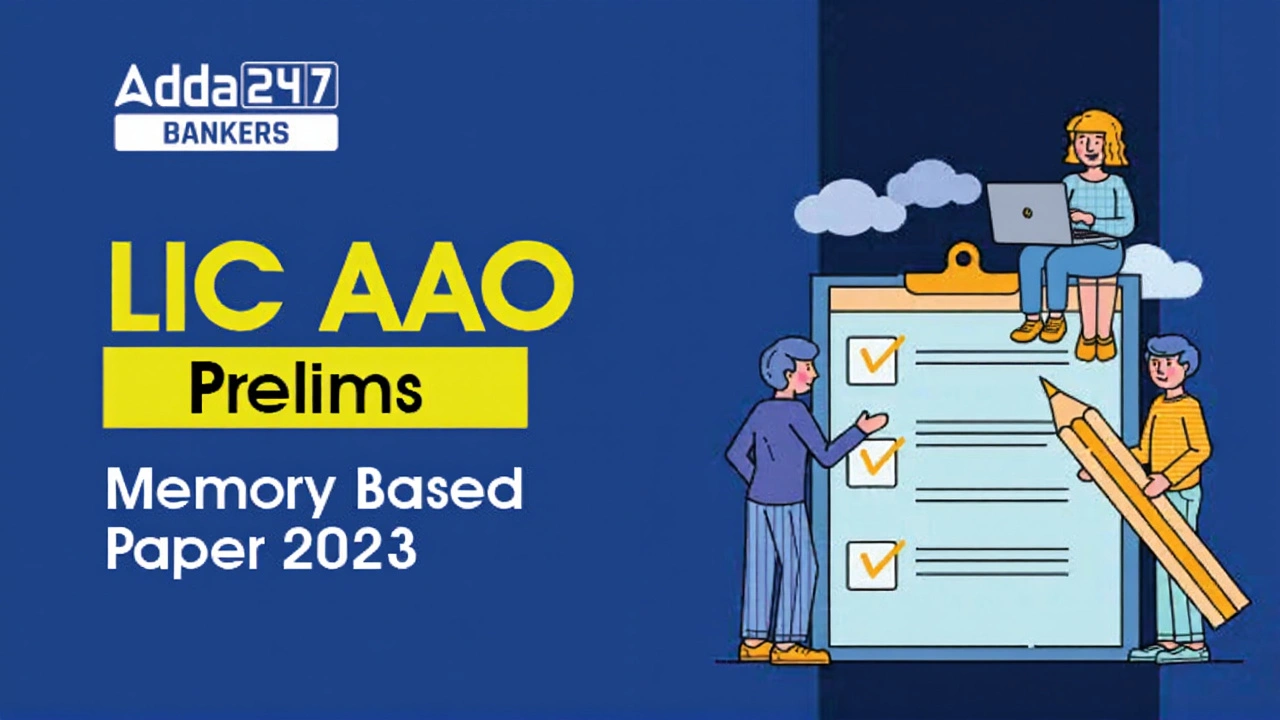Recruitment Exam Tips, Resources & Updates
When talking about Recruitment Exam, a competitive test used by employers, especially government bodies, to select candidates for various positions. Also known as job test, it determines who gets a spot in a public sector role. Government Jobs, career openings offered by government agencies that often require a recruitment exam fall under this umbrella, while Civil Services, the elite administrative branch of the public sector accessed through a specific recruitment exam represent the most prestigious track.
Why do these exams matter? Because they are the gateway to stable, well‑paid positions. A recruitment exam typically tests reasoning, quantitative ability, English, and general knowledge. Candidates who clear the screening move on to subject‑specific papers or interviews. The process ensures merit‑based hiring, reduces bias, and maintains a uniform standard across the country.
Key Exam Types You Should Know
Several popular tests dominate the recruitment landscape. The SSC, Staff Selection Commission exams that recruit for clerical and supervisory posts in central ministries are a staple for many aspirants. Bank PO exams target candidates for probationary officer roles in public sector banks. State Public Service Commissions (PSC) conduct their own exams for regional administration jobs. Each of these exams shares a common structure: a preliminary screening, a mains stage, and finally an interview or personality test.
Understanding the relationship between these exams helps you plan efficiently. Recruitment exams require a solid base in basic concepts; once mastered, you can adapt your study plan to the specific syllabus of SSC, bank PO, or PSC. This cross‑applicability saves time and builds confidence.
Preparation isn’t just about reading books. Mock tests act as a rehearsal for the real thing. They help you gauge speed, accuracy, and stamina. Many successful candidates treat mock exams as a weekly ritual, reviewing errors to identify weak spots. This feedback loop is crucial because it mirrors the real exam’s pressure and timing.
Coaching institutes also play a role, especially for those who prefer structured guidance. Quality coaching provides curated notes, expert faculty, and peer discussion groups. However, self‑study backed by reliable online resources can be just as effective if you stay disciplined. The key is to choose material that aligns with the official syllabus and follows the latest exam pattern.
Staying updated with current affairs is another non‑negotiable. Government jobs and civil services exams allocate a significant portion of marks to general knowledge, especially topics like economics, environment, and polity. Daily newspaper reading, weekly current affairs magazines, and concise online summaries keep you in sync with the rapidly changing landscape.
Time management during preparation is often overlooked. Break your study schedule into short, focused sessions—30 to 45 minutes—followed by short breaks. This technique, known as the Pomodoro method, boosts retention and prevents burnout. Remember, consistency beats cramming every time.
When you combine these strategies—understanding exam types, regular mock tests, guided study, current affairs, and smart time management—you create a holistic preparation engine. This engine doesn’t just help you pass one exam; it equips you for the entire spectrum of recruitment exams across government jobs and civil services.
Below, you’ll find a curated list of articles that dive deeper into each of these areas. Whether you’re just starting out or polishing your final attempts, the posts will give you actionable insights, proven techniques, and up‑to‑date information to boost your chances of success.

LIC AAO Admit Card 2025 Out, Prelims Set for Oct 3 Across India
LIC released the 2025 AAO admit card on Sep 25, setting the preliminary exam for Oct 3 across India. Candidates can download the hall ticket, see shift timings, and prepare for the three‑section test.